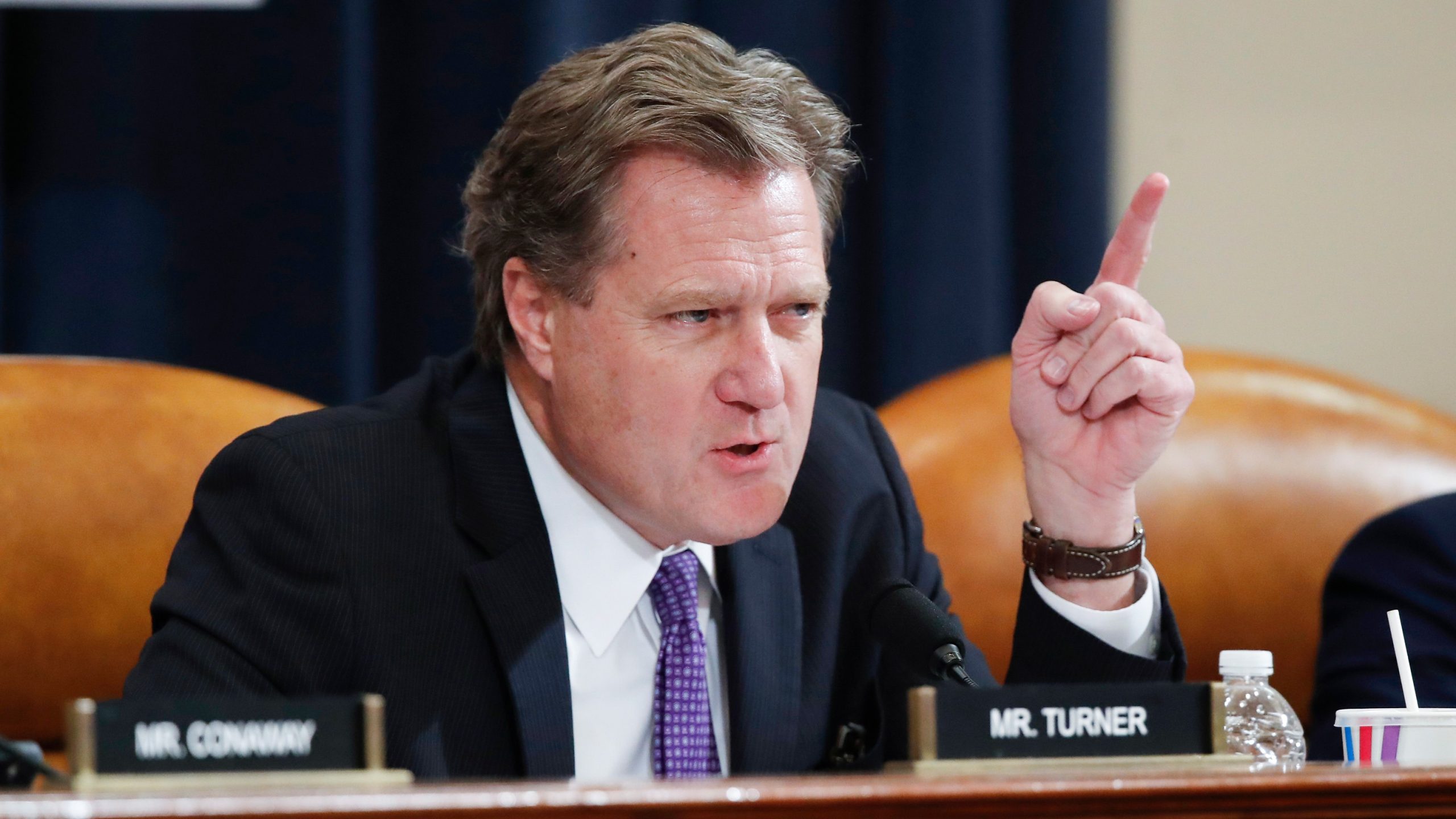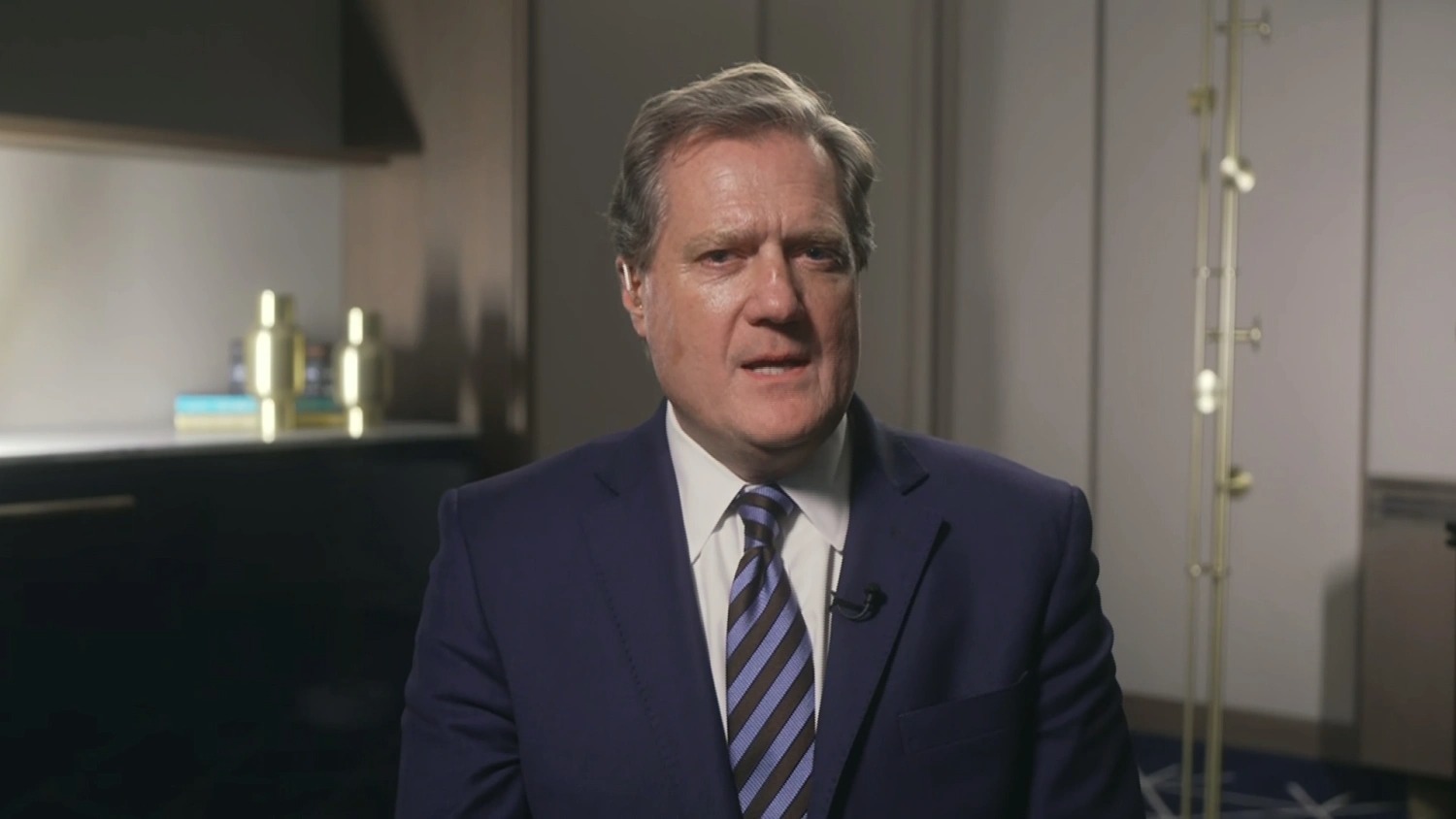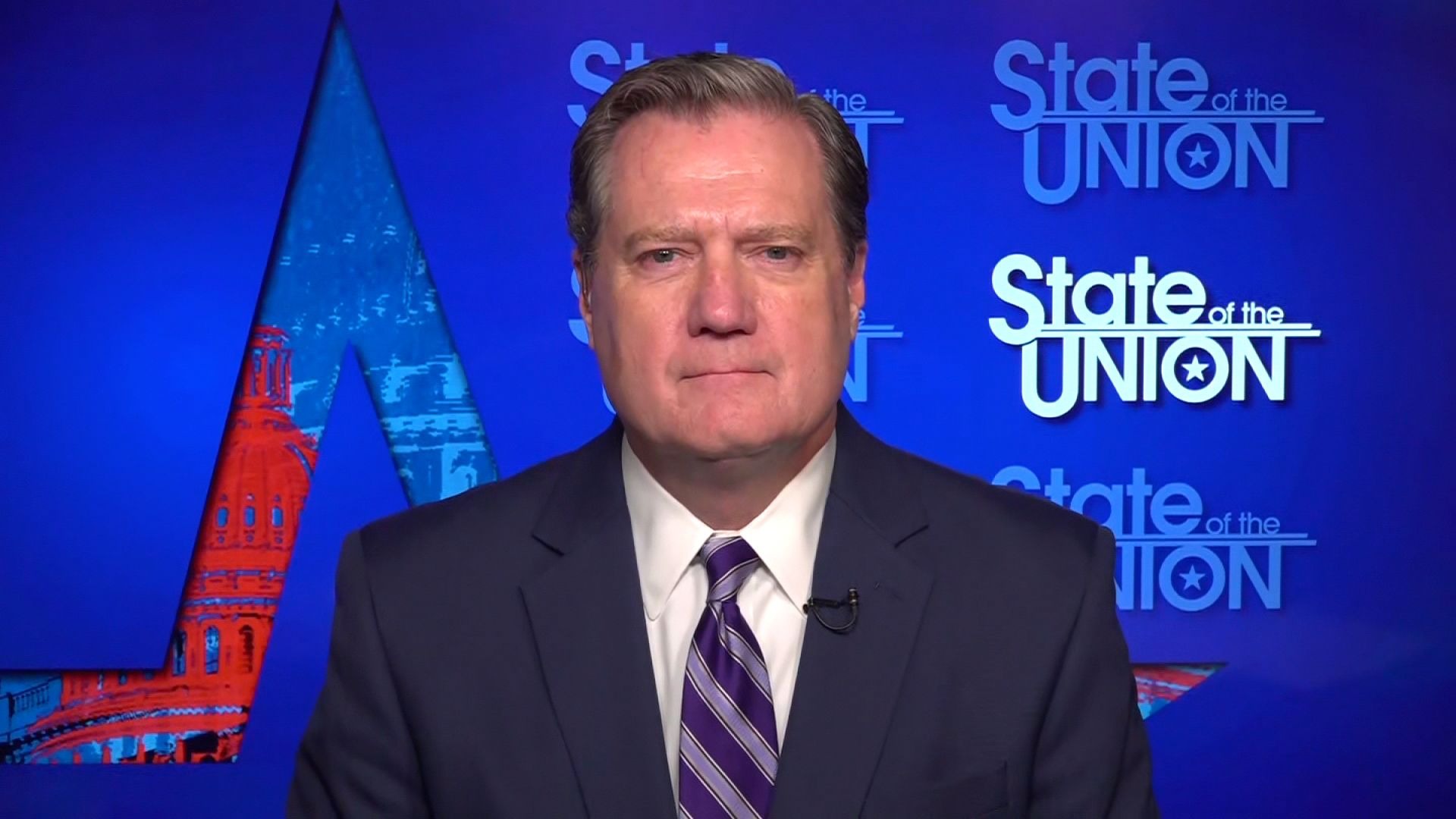The infiltration of Russian propaganda into the U.S. political arena, particularly among members of Congress, has emerged as a concern. Mike Turner, Chairman of the House Permanent Select Committee on Intelligence, acknowledges the real impact of Russian narratives that distort the nature of the conflict between Russia and Ukraine.
Turner’s agreement with Michael McCaul’s observations highlights a troubling trend where misinformation influences political discourse and legislative action. Russian efforts to disseminate pro-Russia and anti-Ukraine messages have found resonance not just in the broader public but alarmingly within Congress itself.

Credits: ABC7 Chicago
Turner points out that some Congress members echo the false narrative that the conflict is about NATO, ignoring Vladimir Putin‘s broader ambitions in Eastern Europe and claims over Ukraine. This misrepresentation of the conflict’s roots complicates the U.S.’s ability to support Ukraine effectively against what is fundamentally an assault on democratic sovereignty by authoritarian forces.
The issue of providing aid to Ukraine becomes even more pressing as Mike Johnson, the Speaker of the House of Representatives, hints at introducing innovative elements in the upcoming aid package.
This initiative, potentially involving a U.S. loan, signifies a crucial step towards reinforcing Ukraine’s defense capabilities. However, the path to finalizing this aid faces obstacles, primarily due to divisions within the Republican party in the Chamber of Representatives.

Mike Turner (Credits: NBC News)
As the break concludes and discussions resume on April 9, the anticipation grows for a bipartisan consensus that could solidify U.S. support for Ukraine. The challenge lies in changing internal political divides and combating the pervasive influence of foreign propaganda that seeks to undermine the U.S.’s response to global democratic crises.
As the debate plays out, the urgency to clarify the true nature of the conflict and unite in support of Ukraine underscores a pivotal moment in U.S. foreign policy and its commitment to upholding democratic values in the face of authoritarian aggression.























